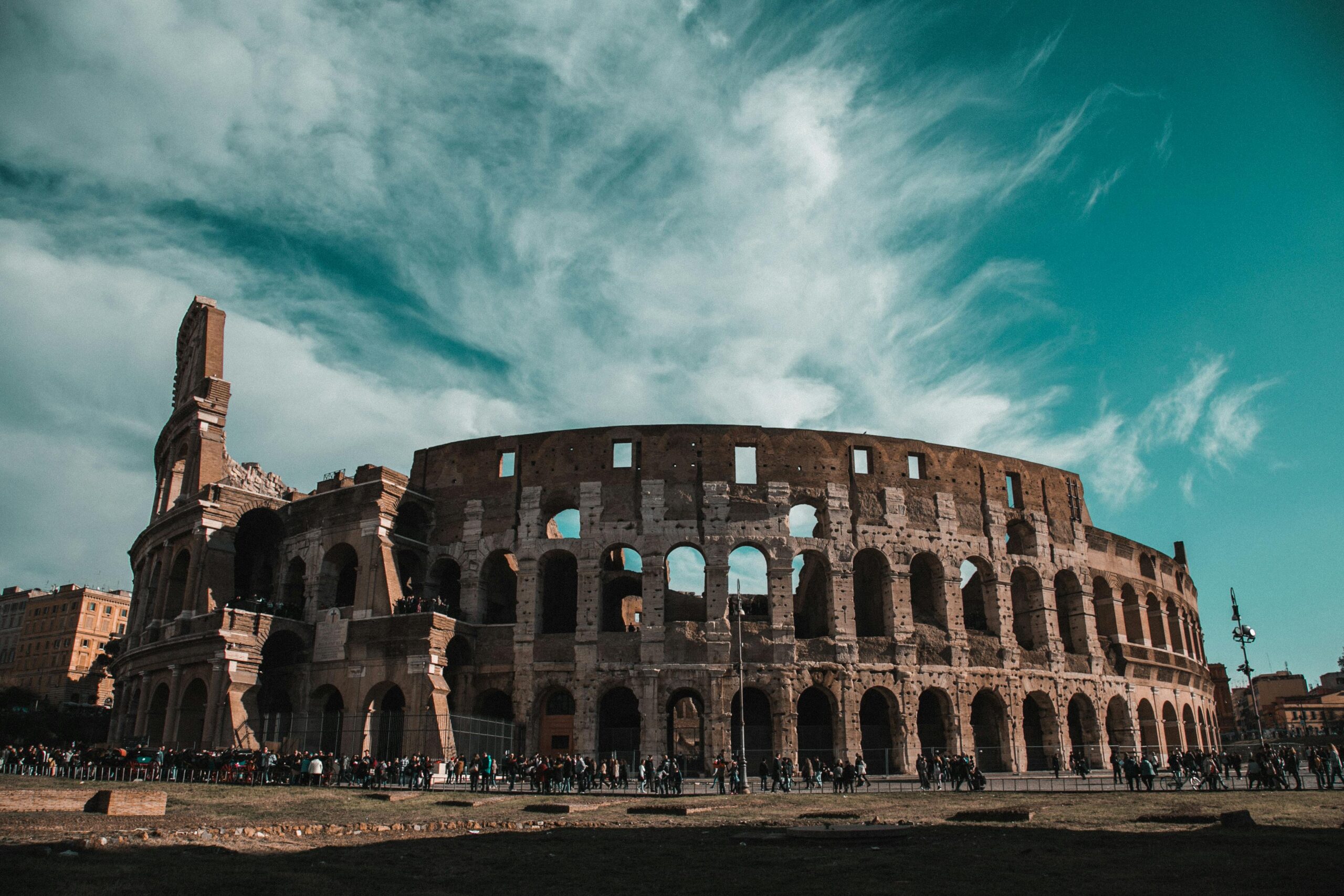Italy’s new tourist tax proposal aims to tackle over-tourism hotspots and promote responsible tourism. This move intends to ease the pressure on popular destinations struggling with overcrowding and preserve the country’s rich cultural and natural heritage.
Key Details About Italy’s New Tourist Tax
The Italian government plans to significantly raise the tourist tax to address the strain on its top destinations. Currently, the tax stands at about €5 per night. The proposed increase would raise it to €10 for rooms priced at €100, €15 for rooms over €400, and €25 for luxury suites exceeding €750. This plan aims to ensure that tourists contribute more towards the maintenance and management of these heavily visited areas.
Controversy Surrounding Italy’s Tourist Tax Increase
Tourism groups argue that this tax hike could deter visitors and negatively impact Italy’s tourism industry. They believe higher charges might make Italy a less attractive destination for some travelers. Critics claim that instead of addressing the root causes of over-tourism, the tax might simply push visitors to other regions, potentially harming local economies that rely on tourism.
Mixed Reactions to the Proposed Tax
In Milan, where tourists flock to landmarks like the Duomo, opinions about the tax hike vary. Some tourists worry about how this will affect their travel budgets, while others view it as a necessary measure to manage overcrowding effectively. Tourists express mixed feelings, reflecting the broader debate about balancing tourism with sustainability.
Italy’s Ongoing Tourism Challenge
Italy remains a top global tourism destination, attracting 57.2 million international visitors last year. These visitors contributed $55.9 billion to the Italian economy. Despite its success, the growing number of tourists is pushing certain destinations to their limits. As a result, the government is considering this tax increase as a means to better manage visitor numbers and protect its cultural and environmental assets.
Ongoing discussions between the government, tourism industry representatives, and local officials aim to refine the proposal. The goal is to strike a balance that ensures tourism remains sustainable and beneficial for both visitors and local communities. Remember to check WentWorld.com and follow our social media channels for ultimate travel tips and destination guides.
Related stories:
Catch up on the top stories and travel deals by subscribing to our newsletter!












Leave a Reply